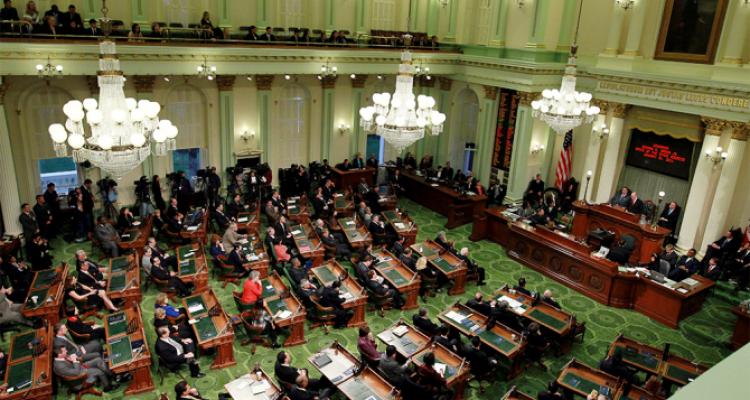With 2016 almost done, it is time to look back on the year that was and determine what, if anything, was accomplished in the fight to regulate online poker in California.
While the end result for California poker has been the same as the last few years, there were a couple of areas of progress.
One major issue remains unresolved and it may the one that prevents anything from moving forward next year.
Horse Racing Industry Issue Resolved
One of two major roadblocks to regulating iPoker in California was finally resolved in 2016. Lawmakers came to an agreement with the horse racing industry that would have seen the industry receive a stipend from the state in lieu of their applying for a license to operate online poker.
The industry was due to receive up to $60 million annually from online poker, a figure that some lawmakers claim was unworkable. Regardless of their claims, the agreement remained intact as part of AB 2863.
It is hard to believe that any future legislation will lack a similar agreement. Failing to keep this deal, or at least something similar, will just put the industry back in the opponent column.
We Actually Had a Bill - Not Just a Placeholder
The major problem with AB 431 in 2015 was that it was merely a placeholder bill that never appeared destined to go anywhere. In 2016, AB 2863 was a robust bill covering the majority of issues relevant to the issue, including suitability.
While there were multiple amendments to the bills, primarily the aforementioned suitability language, lawmakers had something tangible to work with and it is our hopes that the same thing happens in 2016.
Bad Actor Debate Reignited - PokerStars Now a Villain?
When 2016 began, there were whispers that the bad actor clause was going to be moot because of PokerStars receiving a license in New Jersey. Things changed dramatically when it was revealed that then Amaya CEO David Baazov was accused of insider trading in connection with the sale of PokerStars to Amaya.
Suddenly, the Pechanga Coalition had support for their argument and even lawmakers that were pro-PokerStars were suddenly calling for stronger suitability language.
That language was indeed added to AB 2863 with the final version being a five-year ban with no buyout clause. A previous version of the bill gave PokerStars a chance to pay a one-time $20 million fee to apply for a license. PokerStars appeared ready to jump on this option but once that was removed, they joined forces with the Poker Players Alliance and spoke openly against the legislation.
After doing so, PokerStars was slapped with an obstructionist tag. This is ironic considering that the Pechanga Coalition were the ones viewed as the obstructionists for years. PokerStars didn't get their way and now they are throwing the equivalent of a toddler's tantrum.
What's In Store for 2017?
At this point, everything appears to be riding on whether tribes can come to any type of a consensus on PokerStars. In reality, the real challenge is coming up with suitability language that both tribes and PokerStars can agree on.
Frankly, it may be time that PokerStars acquiesce and agree to a ban. A five-year ban is nothing in the grand scheme of things. Furthermore, with the slow pace of iGaming regulation in other states, PokerStars could wait five years and find no change in the U.S. market from the present state.


